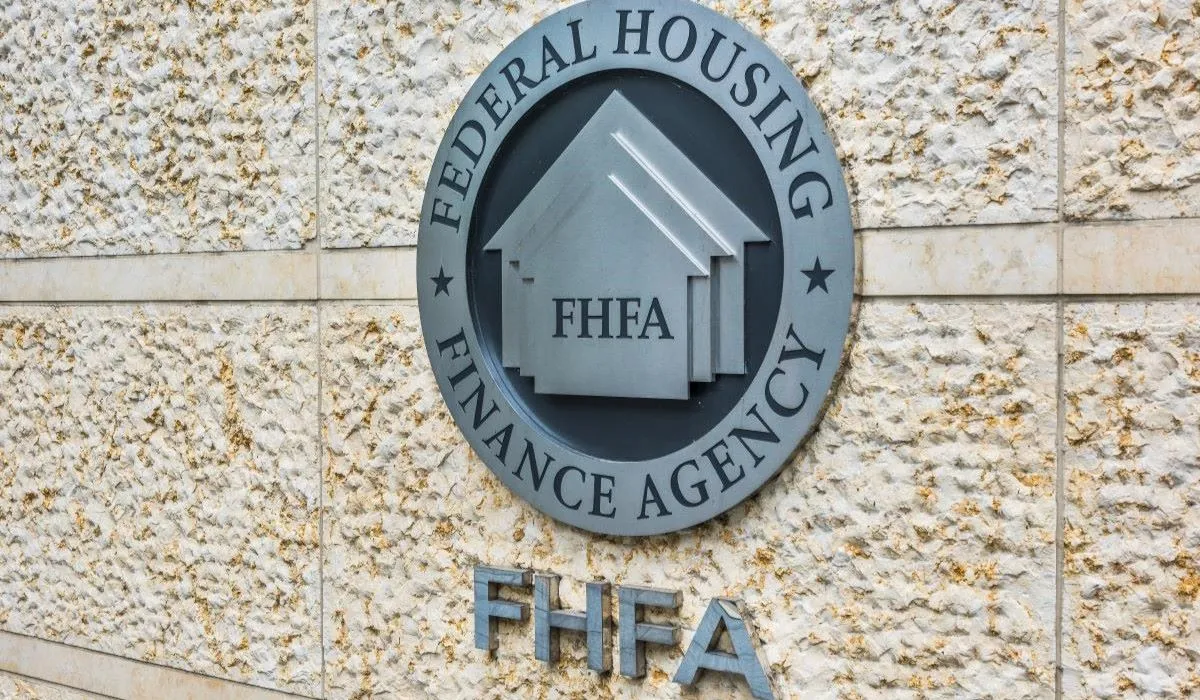The reverse mortgage portion of the Federal Housing Administration’s (FHA)’s Mutual Mortgage Insurance Fund (MMIF) has reached a positive capital ratio for the fourth year in a row on the overall government-backed portfolio. This is according to the FHA’s Annual Report to Congress, released Friday morning.
In 2023, the HECM capital reserve declined slightly due to weaker levels of home price appreciation. This year, that metric was stronger, leading to a 7.78% increase in the HECM standalone capital ratio compared to one year earlier.
The health of the Home Equity Conversion Mortgage (HECM) book of business remains strong from FHA’s perspective, as its economic value has increased while the portfolio overall has recovered from issues that previously put it on shaky financial footing.
HECM book financial performance
The HECM portfolio accounts for roughly 5% of the total MMI Fund, but is largely indicative of the overall health of the FHA’s reverse mortgage program. In years past, the program was unstable and maintained a negative capital ratio but has stayed in positive territory since 2021.
The HECM portfolio “has a stand-alone capital ratio that increased from 16.72% in FY 2023 to 24.50% in FY 2024,” the report said. “The financial performance of the HECM portfolio improved mostly as the result of higher home price appreciation (HPA) forecasts. The HECM stand-alone capital ratio remained positive for the fourth year in a row.”
The HECM cash flow net present value in 2024, which is a measure reported to Congress by the U.S. Department of Housing and Urban Development (HUD), was estimated to be $8.399 billion, up from $6.742 billion in 2023, according to an actuarial review conducted by IT Data Consulting, LLC.
Compared to the forward book of business, the HECM portfolio is significantly more sensitive to even minor changes in home price appreciation, however the portfolio’s relatively small size relative to the rest of the fund helps to limit “the impact of these fluctuations on the combined MMI Fund capital ratio,” the report said.
The standalone capital ratio of the HECM portfolio not only remained in positive territory in FY 2024 at 24.50%, but it exceeded the previous high observed in 2022 (22.77%). This is despite the fact that overall HECM volume declined in FY 2024 when compared to data from one year earlier.
FHA endorsed 26,501 HECMs totaling $13.36 billion in maximum claim amount (MCA), a 17% reduction from 2023, the report said.
“HECM endorsements increased from FY 2019 to FY 2022 by 106%, when mortgage rates were at historically low levels,” the report said. “Over the past two years in a higher rate environment, HECM endorsements declined by 59%.”
Addressing challenges
The HECM program in recent years has been challenged on the liquidity front as was visible with the 2022 collapse of Reverse Mortgage Funding (RMF), a top-five lender in the space and a major HECM-backed Securities (HMBS) issuer. HUD addressed these challenges in the report, saying that “rising interest rates along with moderating home price appreciation” were major culprits for industry challenges.
HUD described the implementation of changes to the HECM program that were designed to address liquidity concerns, which the Department said “reinforced FHA’s commitment to the HECM program as a means for seniors aged 62 years or older to age in place by tapping into their home’s equity.”
Some of these changes implemented over the past year included updating servicing requirements to reduce costs; allowing occupancy certification via remote video and/or telephonic means; enhancing incentives for servicers and borrowers or heirs to complete alternatives to foreclosure via deeds-in-lieu and short sales; and quicker assignment of loans to HUD following a cure of delinquent loan obligations.
The report also mentioned the long-awaited publication of a streamline HECM section in the Single Family 4000.1 Handbook, guidance the reverse mortgage industry had been seeking for years that consolidated years’ worth of Mortgagee Letters and other policy directives.
In a statement to HousingWire‘s Reverse Mortgage Daily (RMD), Community Home Lenders of America (CHLA) Executive Director Scott Olson lauded the development in the HECM book.
“HECM reverse mortgage loans are an important FHA product and a critical component of our mortgage finance system — so today’s FHA report showing continued solid financial performance for FHA HECM loans is welcome news,” he said. “Moreover, it may reflect in part changes made in recent years to improve loan performance, such as more deed in lieu or short sale alternatives to avoid foreclosure and a faster assignment of loans to HUD.”
As of Sept. 30, FHA has active insurance on an estimated 287,000 HECM loans.
Editor’s Note: This is a developing story, and has been updated with a statement from CHLA Executive Director Scott Olson.



















 English (US) ·
English (US) ·